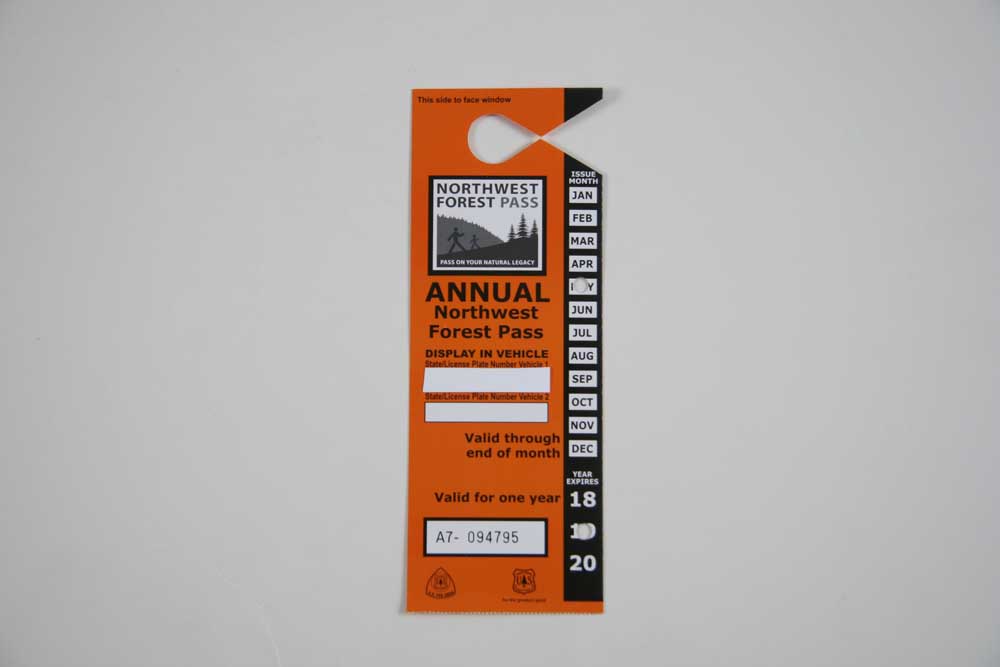Editorial: Forest Service skipped public input when limiting parking pass
Published 12:00 am Thursday, August 9, 2018

- A Northwest Forest Pass. (Dean Guernsey/The Bulletin)
The U.S. Forest Service pulled a switcheroo on the Northwest Forest Pass without asking the public about the change.
The pass remains a bargain for people who visit the national forests in Oregon and Washington. It enables people to visit almost any site in the national forest as much as they want for $30. The pass is hung from a car’s rearview mirror and is valid for a year. A day pass is $5, so it can save some people a lot.
Trending
Last year the Forest Service made a change in how the pass works. It added a requirement that people write in the license plate number of the car using the pass. There are only two spots for license plates.
Is that scandalous? No. But you might think that the Forest Service would recognize the importance of being transparent with the public about the change. It was not. It didn’t seek public input. It didn’t make any announcement. It just did it.
Stephen Baker, a Forest Service spokesman, told us the change was made to ensure that the pass was used as intended — by members of the same household. When we asked for proof that the pass was intended that way, we hit a wall. Baker did not respond. So we made a public records request last month for documents. The documents the Forest Service provided this month show he was right, but they also show the Forest Service did not intend to limit the pass to only two vehicles. That is something new.
In a document instructing employees “how to sell Northwest Forest Passes,” it says: “Advise the buyer of the following items: Passes are interchangeable between vehicles.”
There’s also this section on sample questions from the public and answers:
“Q: Can I use my annual or day pass on more than one vehicle?
Trending
A: Yes. License numbers are no longer required on the passes.”
Nearly a third of American households have three vehicles, according to the most recent data from the American Community Survey. Maybe those families would be completely OK with the new limits of the pass. But the Forest Service did not bother to ask.
The law permitting the Forest Service to charge recreation fees specifies a requirement for federal agencies to get public input on changes to recreation fees. Changing how a fee works can be just as significant as a change in the cost of a fee. Sometimes the Forest Service doesn’t want to listen to anything the public might say.








